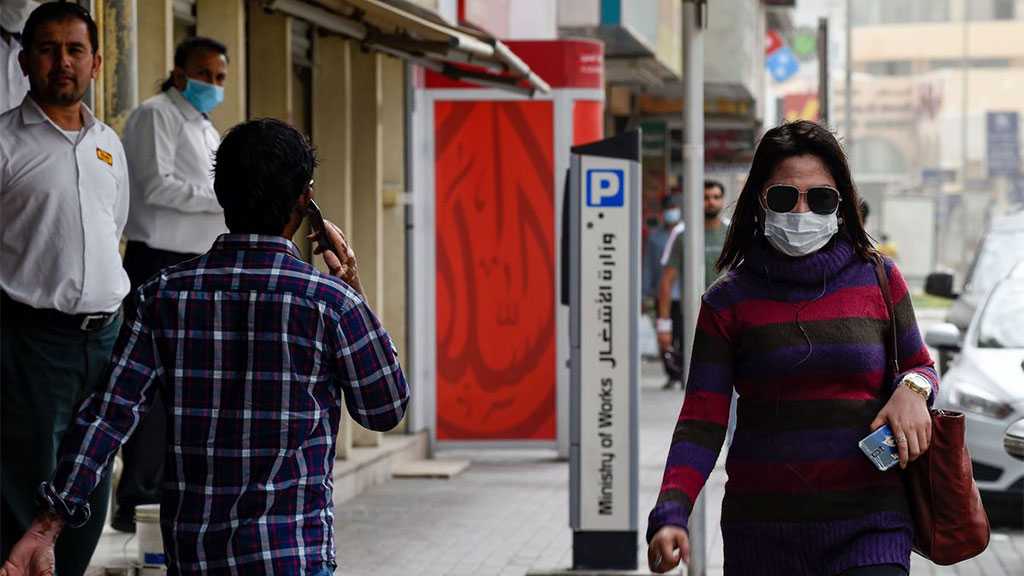
Bahrain’s Budget Deficit Doubles amid Coronavirus Crisis and Low Oil Prices

By Forbes
Bahrain’s budget deficit has almost doubled in the first half of the year, as a result of the twin hammer blows of the Covid-19 pandemic and low crude oil prices.
Figures released by the Ministry of Finance and National Economy yesterday showed that government revenues in the first half of 2020 fell to BD910 million [$2.4 billion], down 29% compared to the same period last year. Oil revenues were down 35%, as the price of crude plummeted amid lower global demand and a price war led by Saudi Arabia and Russia.
Non-oil activity was also affected, with revenues down 13% year-on-year due to the waiving of government service fees during the coronavirus pandemic and the slowing global economy.
Cabinet secretary-general Yasser bin Issa Al-Nasser claimed the government had shown “discipline” in its spending habits, with a 5% fall in "recurrent expenditure". However, total spending was still up 2% to BD1.7 billion as the authorities took steps to mitigate the crisis with an economic stimulus package.
As one of the smaller and weaker Gulf economies, Bahrain finds it hard to deal with the conditions it has faced this year. The combination of a sharp dip in revenues and fairly stable spending meant the budget deficit climbed to BD798 million, up 98% on the same period of last year.
The overspending in the first six months of this year exceeds the deficit for the whole of last year. At the regular weekly cabinet meeting on Monday, the government reviewed the final accounts for 2019, in which Bahrain recorded a deficit of BD683.7 million. Revenues had come in 3% higher than expected while spending was 1% over the budget target.
Under its Fiscal Balance Program launched in 2018, the government is meant to be aiming to balance its budget by the end of 2022. While it made some significant progress towards the target last year, the economic conditions it is now facing means that aim may now be out of reach.
With expenses high and revenues low, the government will need to find other sources of funding. Further aid may be forthcoming from its richer neighbors such as Saudi Arabia and the UAE, but the authorities may also have to raise more debt. According to ratings agency Moody’s MCO +1.2%, general government debt is already running at just over 100% of the country’s gross domestic product [GDP] and interest payments on that debt account for 20% of government revenue.
It may be a while before conditions start to improve. London-based consultancy Capital Economics expects Bahrain’s economy to shrink by 4.5% over the whole of this year, before recovering some of the lost ground next year.
Comments
- Related News

Islamic Resistance in Iraq Targets “Eilat”
4 months ago

